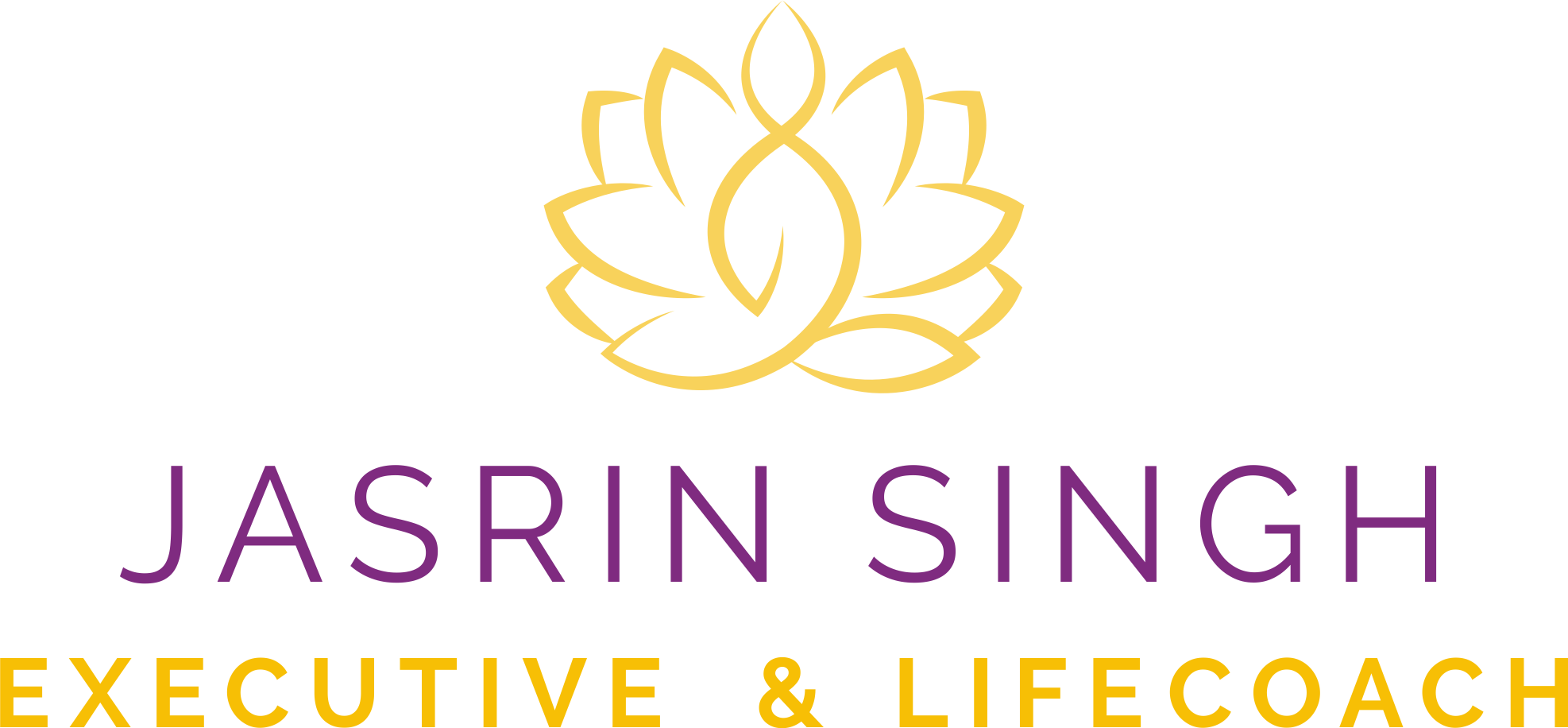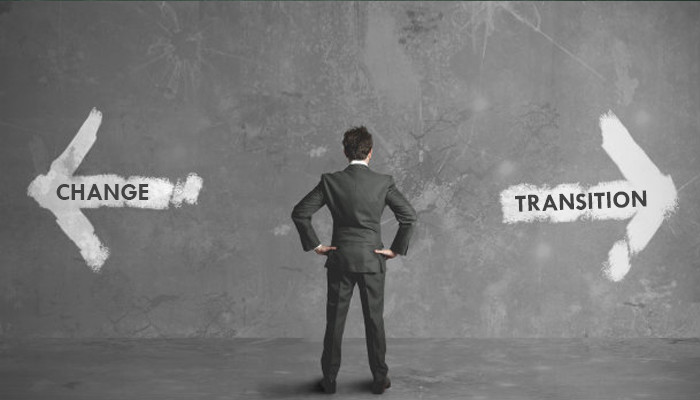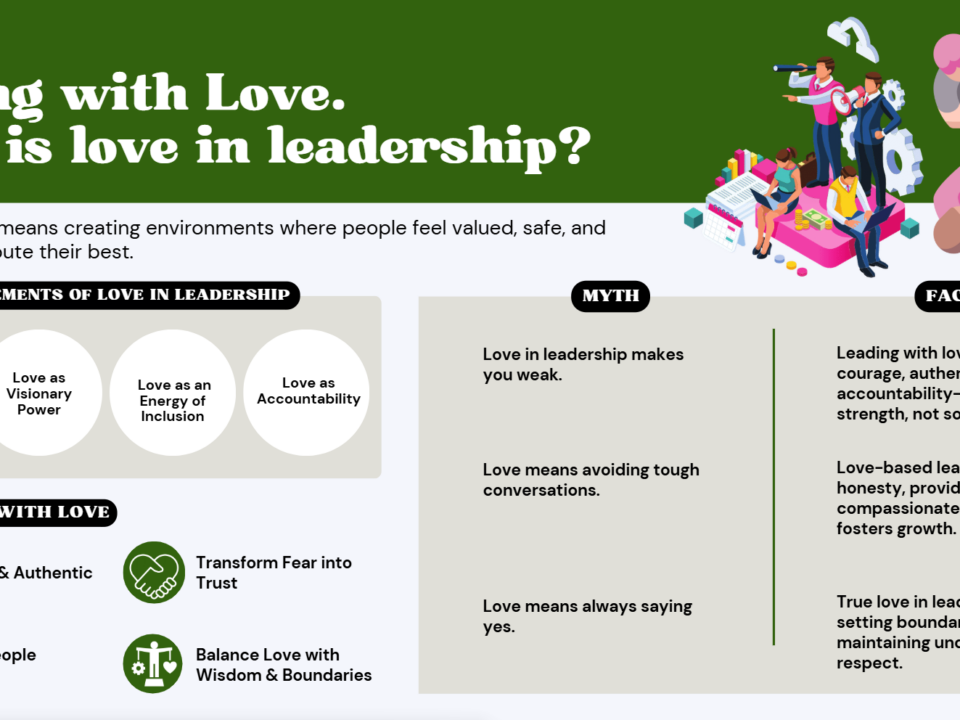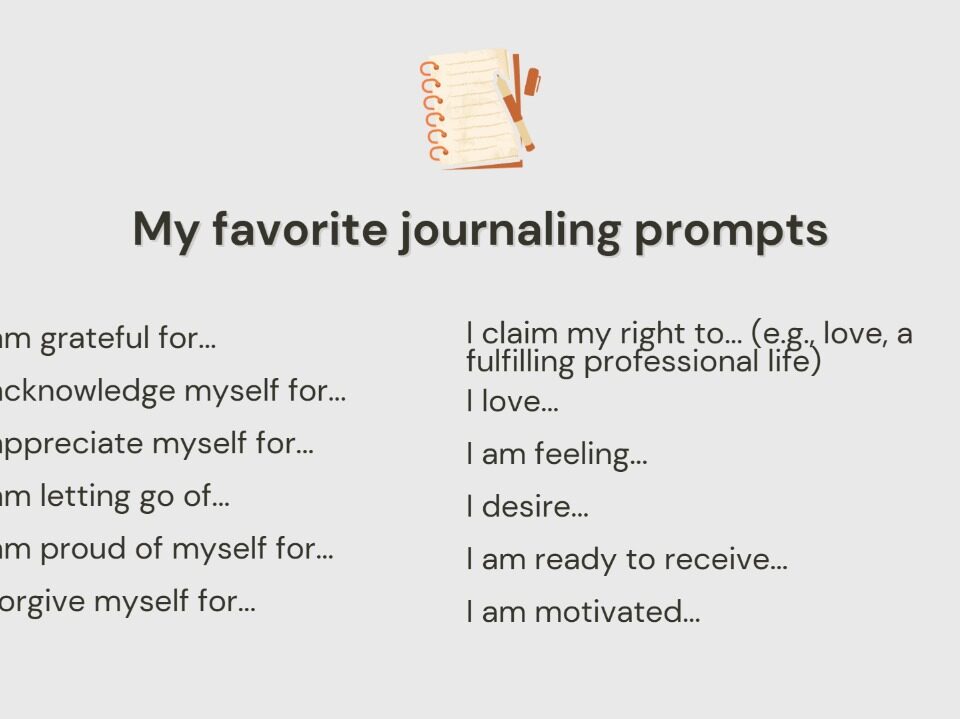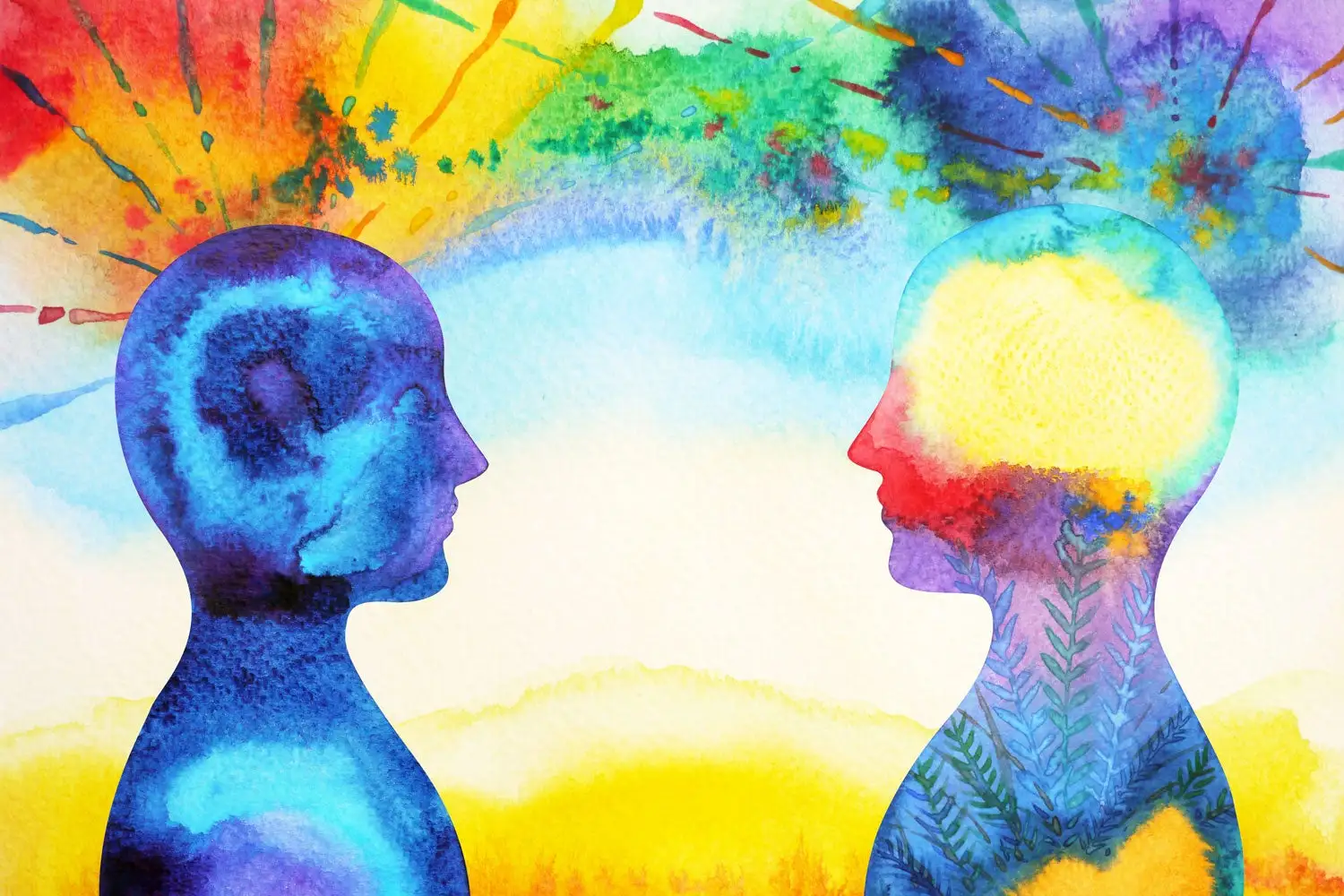
The Powerful Connection Between Body Language and Mindset
June 10, 2024
The Art of Being Bold in Leadership and Life: Empowering Women to Lead with Courage
August 21, 2024As we navigate through life’s big moments—like starting a new job, ending a relationship, moving to a different country, or welcoming a child into our lives—we often talk about “change.” But there’s another important concept that doesn’t get as much attention: “transition.” While change is the external event happening to us, transition is the internal psychological and emotional process we must go through to come to terms with the new situation. The more consciously and lovingly we allow ourselves to go through this process, the better equipped we are to handle and thrive in our new reality.
I thought the William Bridges model was a very useful framework to help my coaching clients understand this process.
William Bridges’ model breaks down transition into three distinct phases:
- Ending, Losing, and Letting Go: This is the first stage where we confront the losses that come with change. It’s often filled with resistance and emotional upheaval, as it’s hard to let go of what we’re used to.
- The Neutral Zone: This is a confusing and uncertain phase. The old ways are gone, but the new ones aren’t fully functional yet. It feels like being in limbo, which can be incredibly disorienting but also offers a unique opportunity for creativity and growth.
- The New Beginning: This phase begins when we start to accept and embrace the new reality. It involves developing new beliefs, values, and attitudes that align with our new situation.
Life Events and Transition
Career Change: When you switch careers, it’s not just about a new job. It’s about letting go of an old part of your identity and growing into a new one. It requires you to reassess your strengths and perhaps address self-doubt as you step into a new professional world.
Relationship Breakup: Ending a relationship is never just about becoming single. It’s about redefining your life without your partner and often rediscovering who you are independently. This can be a painful letting go and a slow move towards healing and new independence.
Moving Countries: Relocating involves more than just physical belongings; it’s about leaving behind friends, familiar places, and sometimes a sense of identity tied to your homeland. The transition here involves creating a new sense of home and belonging in a foreign land.
Having a Child: The transition to parenthood is profound. You let go of your previous lifestyle and embrace a new identity as a parent, which redefines your priorities, responsibilities, and even your relationships.
Managing Transitions
Managing transitions is not about rushing through them. It’s important to give yourself time to feel the loss, live in the uncertainty, and gradually start to feel at home in your new reality. Here are a few strategies:
- Allow yourself to grieve what you’ve lost.
- Take time to reflect during the neutral zone.
- Embrace the new beginnings with an open heart and mind.
- Seek support from friends, family, or professionals like coaches.
Conclusion
Understanding and respecting the process of transition is key to effectively managing changes in our lives. Recognizing these internal shifts can make us more resilient and adaptable.
If you’re going through a significant change and finding the transition challenging, remember, you’re not alone. Feel free to share your experiences in the comments below or reach out for a more personal discussion on how to navigate these waters.
